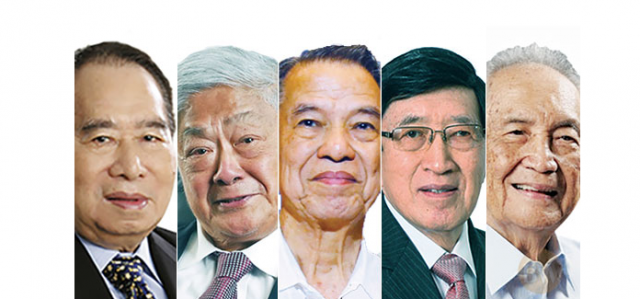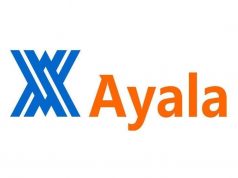
MANILA – Family-owned companies continued to dominate the Philippine business landscape, according to a report by Credit Suisse Research Institute that showed the country ranking 11th globally in terms of number of family-run firms.
In its report, Credit Suisse Research Institute analyzed around 1,000 family-owned and publicly listed companies across the globe to review the investment case for such firms.
Included in the survey are family-owned companies where family members have a minimum shareholding of at least 20%, or minimum voting rights of 20%. The report also focused on mid to large cap firms, with around 90% having a market capitalization of more than $1 billion.
“Family-owned businesses are outperforming their peers in every region, every sector, whatever their size,” Head Analyst of Thematic Investments at Credit Suisse Eugene Klerk was quoted as saying in a statement.
The data revealed that family businesses have been growing at an annual average of 3.9% every year since 2006 across every region and sector. In the Asia Pacific region alone, excluding Japan, the average growth of family businesses is 3.1% faster as compared to non family-owned firms.
The research firm noted family-run businesses have been performing better than non-family owned firms in terms of generating revenues, where sales growth is recorded on a 10-year and 5-year basis.
“Revenue and EBITDA (earnings before interest, tax, depreciation and amortization) growth is stronger, EBITDA margins are higher, cash flow returns are better, and momentum in gearing is more moderate,” according to the study.
Some of the top companies in the Philippines are run by families. SM Investments Corp. is owned by the family of the country’s richest man Henry Sy, Sr., while Ayala Corp. is led by the Zobel family. LT Group is owned by the family of tycoon Lucio Tan, while Aboitiz Equity Ventures is run by members of the Aboitiz clan.
“Our research seems to suggest that investors are not too concerned about the level of ownership but rather how involved the family owners are in the daily running of the business. This seems to be at the core of the success of family-owned companies in our view,” Mr. Klerk said.
Majority of the firms included in the report are located in emerging markets, with Asia Pacific accounting for 536 firms or 56% of the total and representing 38% of total market capitalization.
“This Asian universe consists of companies ranging from $200 million to $463 billion in market capitalization. China tops the charts with the highest representation (167), follow by the US (121) and India (108). Among the top 25 countries with the largest number of family-owned businesses, 11 are in Asia including Malaysia (7th), Thailand (8th), Indonesia (9th), Philippines (11th), Singapore (17th),” Credit Suisse said.
In the Philippines, Credit Suisse said family-owned firms have an average market capitalization of $5.6 billion, making it the sixth country with the highest market cap for family-owned firms in the Asia Pacific region (excluding Japan), and the 25th in the world.
South Korea and Hong Kong’s family businesses rank first and second in terms of market cap in Asia Pacific, followed by Singapore with an average of $7.5 billion.
Average market cap
On the average, Asia Pacific firms have an average market cap of $6.9 billion. This however is much smaller compared to Spain and Netherlands where the average market cap is greatest at $30 billion for each of the countries, as well as in Japan with $24 billion. European peers, meanwhile lodged an average market cap of $13 billion, and $21.7 billion for US firms.
In terms of age and share price, Credit Suisse found younger family-owned companies to be performing better, showing share price returns of 9% every year. This shrinks as firms move on to third generation ownership, where returns slip to less than 6.5%
“This drop could be due to younger family-owned companies being on average smaller, reflecting a “small-cap growth” factor,” according to Credit Suisse.
Companies in the Asia Pacific region were found to be much younger, with over 80% being in the first and second generation. More mature companies are located in Europe and the US.









